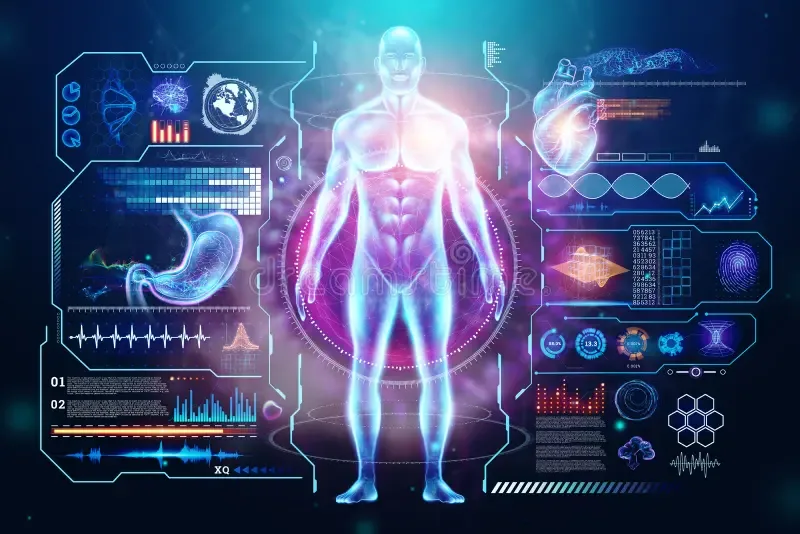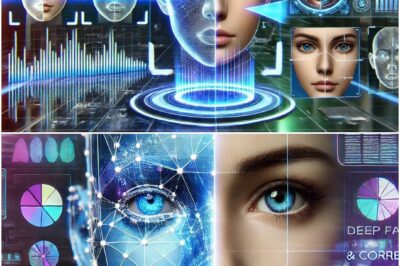There was a time when doctors measured your health once a year. Now, your wrist does it every second.
Wearable health tech — from smartwatches and biosensors to AI-driven patches — has turned our bodies into living data streams. Every heartbeat, breath, and sleep cycle feeds into algorithms that predict, diagnose, and personalize. It’s medicine without the waiting room.
Apple, Google, and countless startups are racing to turn biology into software. Your smartwatch might soon detect early signs of heart disease. Your earbuds could track glucose levels. A patch on your arm might analyze your sweat to flag dehydration. Health is no longer reactive; it’s predictive.

Yet the convenience raises a haunting question: who owns this data? When your heartbeat becomes metadata, privacy isn’t just about passwords — it’s about identity. Tech companies now know your body better than your doctor.
Still, the potential is extraordinary. Millions who lack access to clinics can monitor their health in real time. Early detection saves lives. In the future, we may not even “go” to the doctor — our devices will simply alert us when something’s wrong.
Technology, in the end, is an extension of the oldest human desire — to live longer, better, and wiser. And as our bodies become part of the digital web, the line between biology and technology fades, pulse by pulse.
News
The Ghost in the Machine: When Artificial Intelligence Starts Asking Who It Is
There’s a strange hum in the background of modern civilization. It’s the sound of millions of processors thinking — not…
Robotics Gets Emotional: The Quest to Build Machines That Feel
Robots can walk, talk, and even dance — but can they care?The next frontier of robotics isn’t physical dexterity; it’s…
The Age of Synthetic Life: Programming Biology Like Code
For billions of years, evolution shaped life through randomness. Now, humans are editing nature with precision. Synthetic biology is the…
Deepfake Nation: When Reality Itself Becomes Editable
In 2025, truth no longer needs to be destroyed — it just needs to be remixed.Deepfakes have evolved far beyond…
The Blockchain Beyond Crypto: The Quiet Revolution You Missed
Crypto made headlines — but blockchain’s real revolution was never the coins. It’s the infrastructure beneath them. Think of blockchain…
The AI Arms Race in Education: Learning Without Teachers?
In classrooms from California to Seoul, students are learning from something that isn’t human. AI tutors are grading essays, generating…
End of content
No more pages to load












